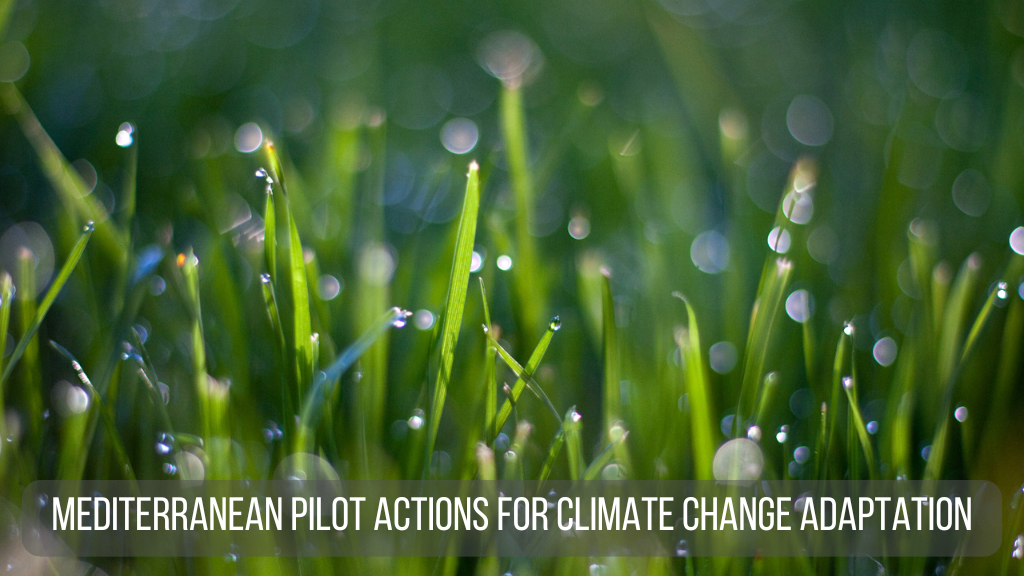
The MedPROACT project aims to strengthen the adaptive capacity of Mediterranean coastal communities to climate change by promoting marine ecosystem resilience and the sustainable management of natural resources.
This initiative brings together a transnational consortium of environmental organisations, universities, and research institutes from Italy, Türkiye, Jordan, and Tunisia.
The project is structured around three technical work packages, each dedicated to developing and testing pilot solutions for climate adaptation across key thematic areas, including:
- the management of invasive species,
- the restoration of marine ecosystems (notably, seagrass meadows and coral reefs), and
- the development of local tools for climate change adaptation.
Expected Results
- Increased adaptive capacity of coastal communities connected to fisheries and seafood consumption, achieved through the dissemination of knowledge and strategies for managing invasive species, reducing pressure on traditional fish stocks, and improving scientific literacy.
- Enhanced resilience of marine ecosystems, supported by restoration and sustainable management practices that help preserve their essential functions in carbon sequestration, coastal protection, and as habitats sustaining marine life.
- Strengthened resilience of local communities, fostered through participatory awareness-raising initiatives and the development of Adaptation Plans and Guidelines—governance tools designed to protect people, economic activities, and coastal resources.
The project adopts an integrated and multi-level approach, promoting collaboration among fishers, tourism operators, institutions, youth, and the scientific community to build a more resilient Mediterranean together.
